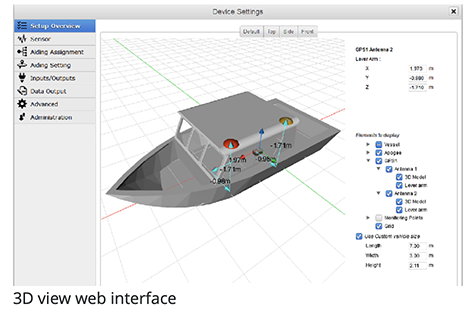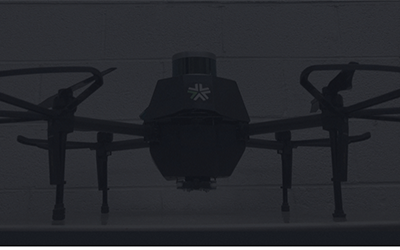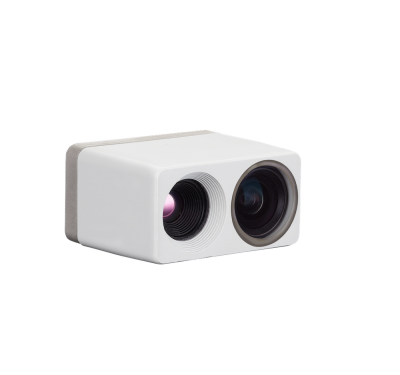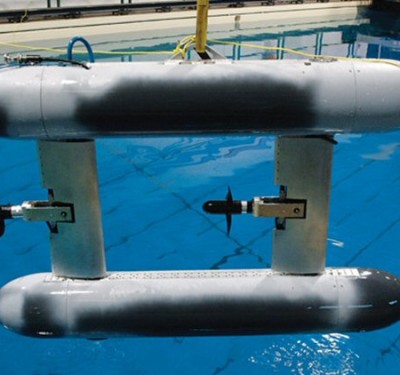
Earlier this month at the U.S. Hydro Conference, SBG Systems released the Horizon IMU, a FOG-based high performance inertial measurement unit (IMU) designed for large hydrographic vessels surveying harsh environments.
Navsight Marine Solution consists in a powerful and ready-to-use inertial navigation solution dedicated to hydrographers. It is available at different levels of accuracy to meet the various application requirements and can be connected to various external equipment such as Echo-sounders, LiDAR, etc.
The solution already offered two levels of performance with the Ekinox and Apogee IMUs. These MEMS-based IMUs address most of hydrographics markets whether shallow or deep water. The new Horizon IMU allows customers to bring the Navsight technology to the most demanding environments such as surveying highly dense areas (bridges, buildings, etc.) as well as applications where only a single antenna can be used. Horizon IMU is based on a closed-loop FOG technology which enables ultra-low bias and noise levels. This technology allows robust and consistent performance even in low dynamics survey.
Navsight solution is easy to install, as the sensor alignment and lever arms are automatically estimated and validated, according to the company. Once connected to the Navsight processing unit, the web interface guides the user to configure the solution. A 3D view of the vessel shows the entered parameters so that the user can check the installation. The Navsight unit also integrates LED indicators for satellite availability, RTK corrections, and power. It comes with a rugged enclosure, or in a rack version for larger vessels.
Completing the Navsight offer, Qinertia, the SBG post-processing software, gives access to offline RTK corrections from more than 7,000 base stations located in 164 countries. Trajectory and orientation are then greatly improved by processing inertial data and raw GNSS observables in forward and backward directions. Computation takes less than 3 minutes for a 6-hour log thanks to the Forward and Backward calculation processed at the same time






